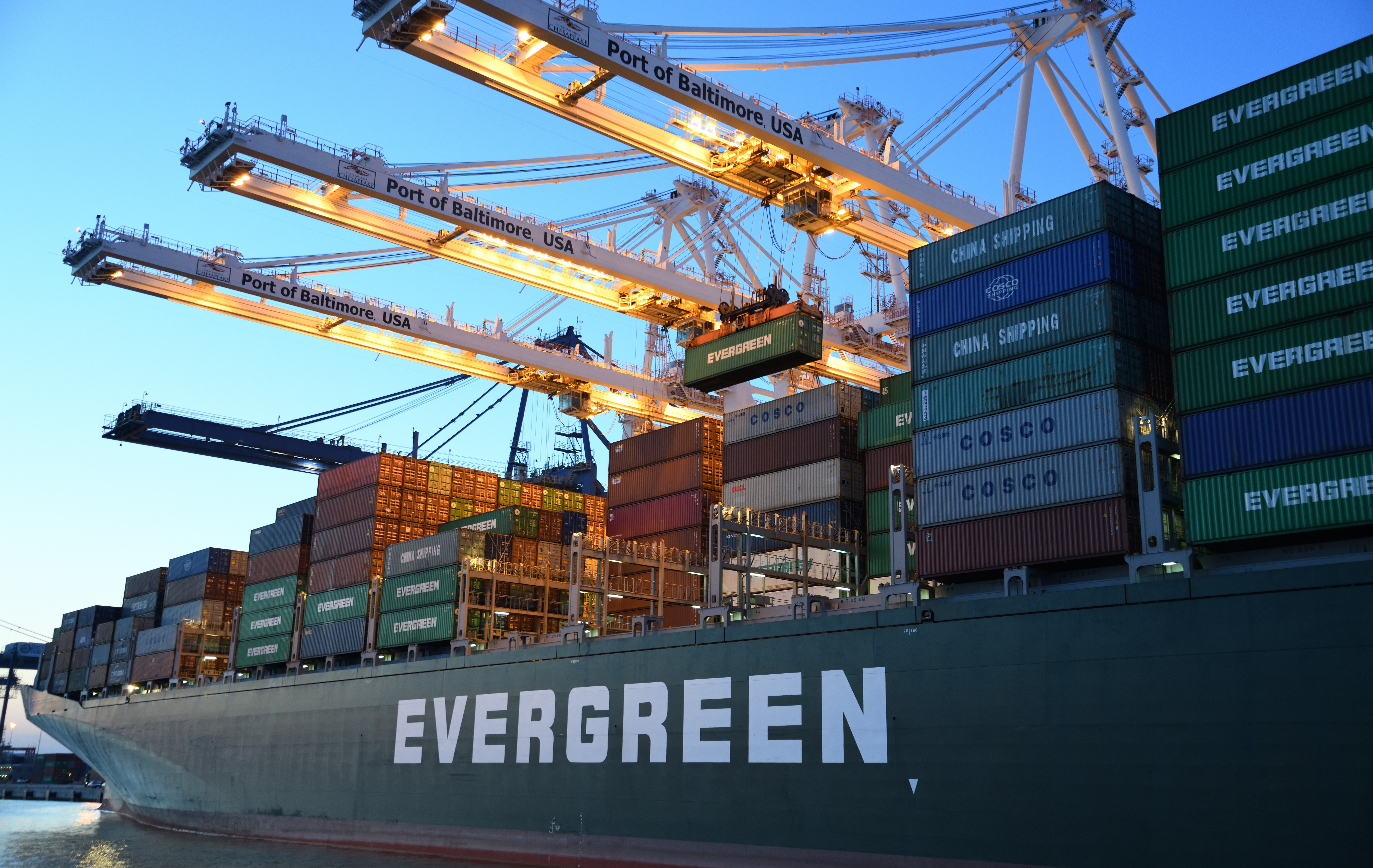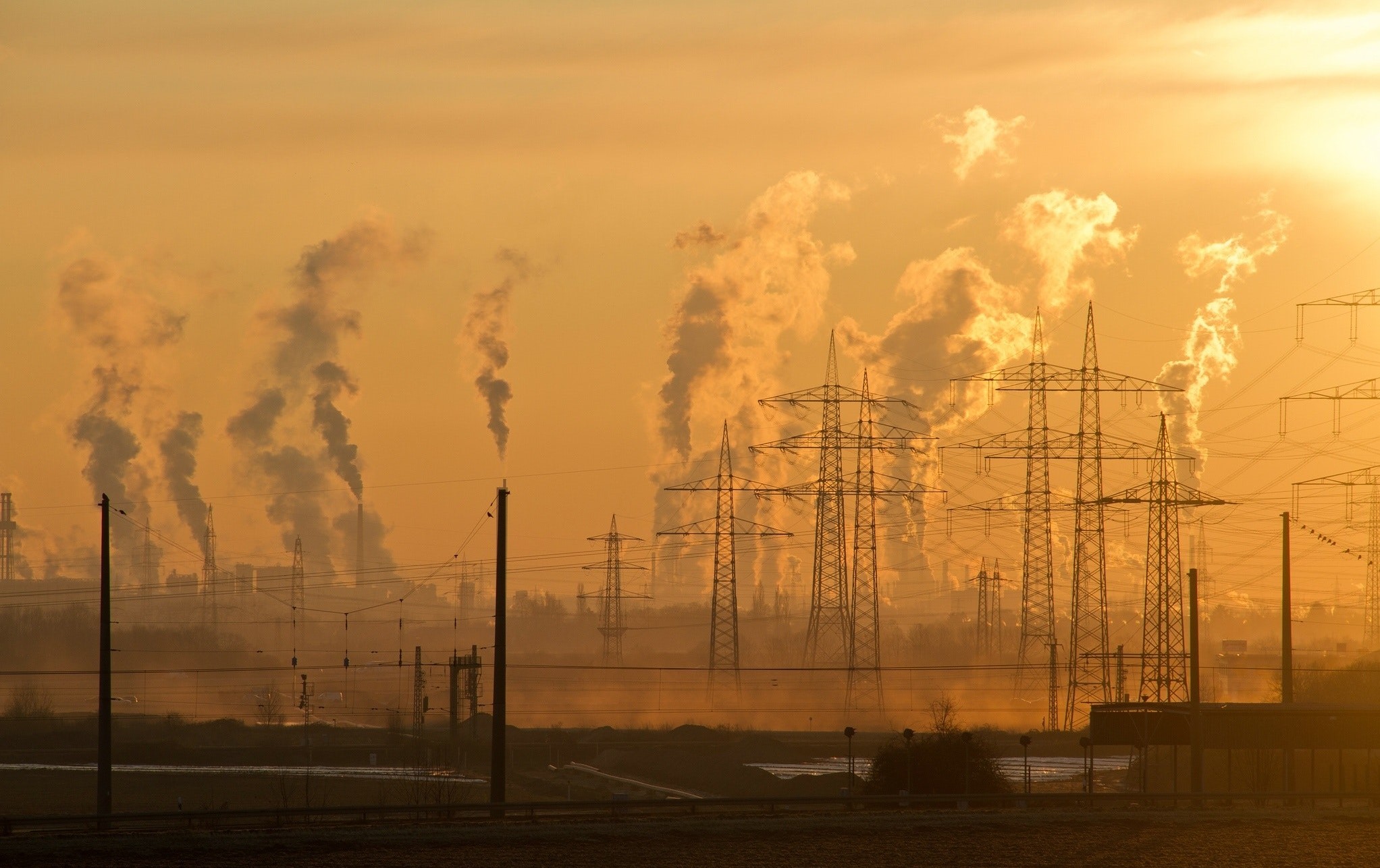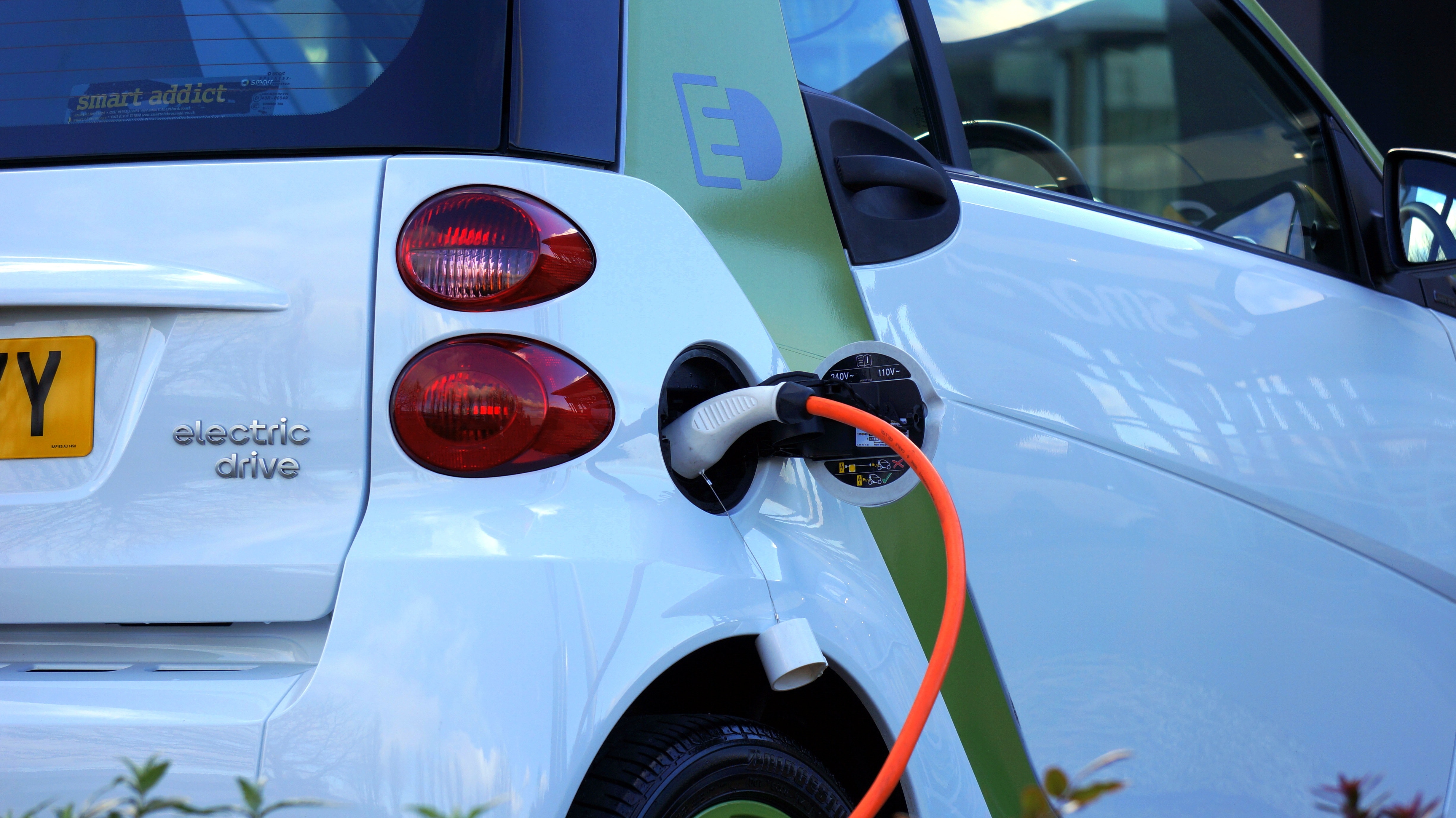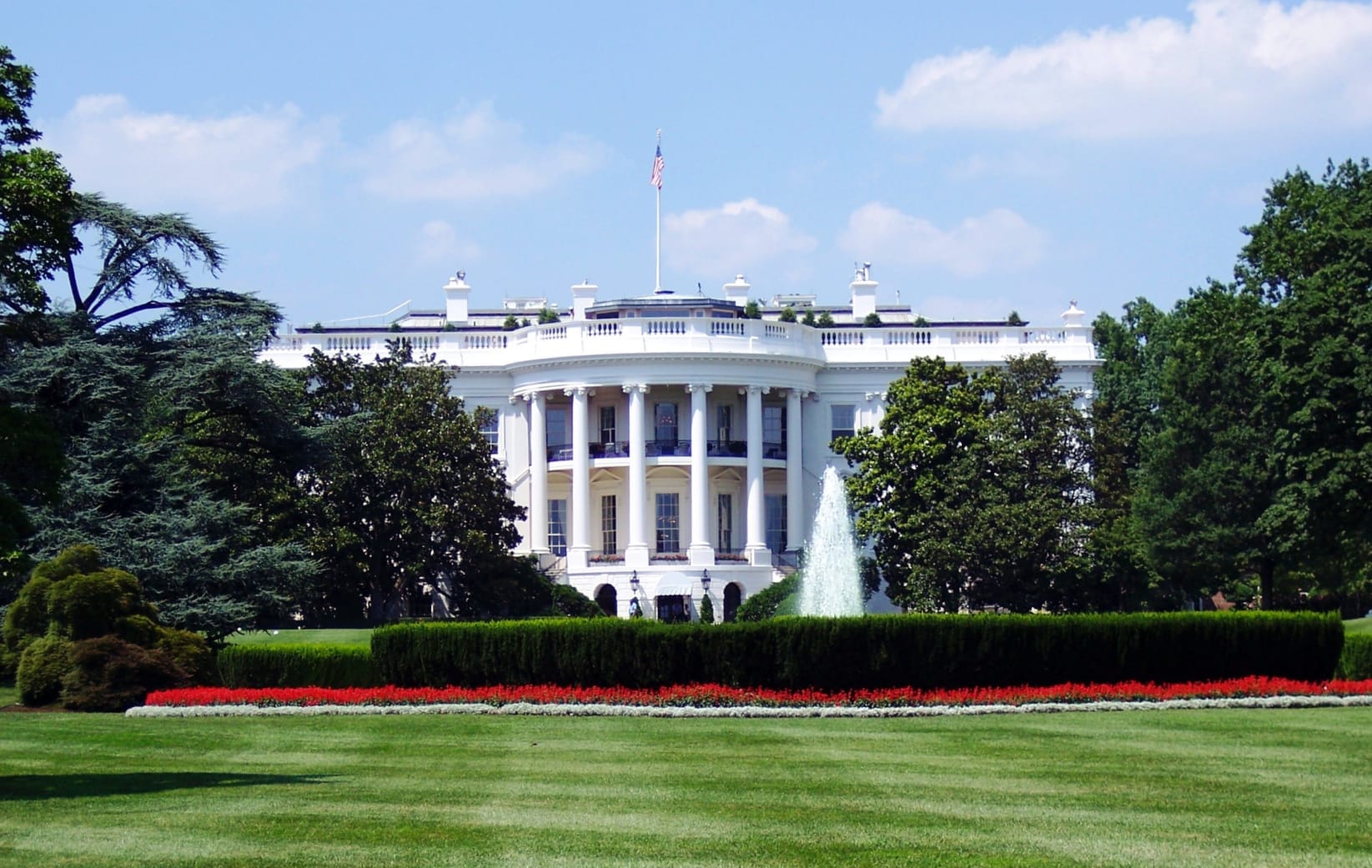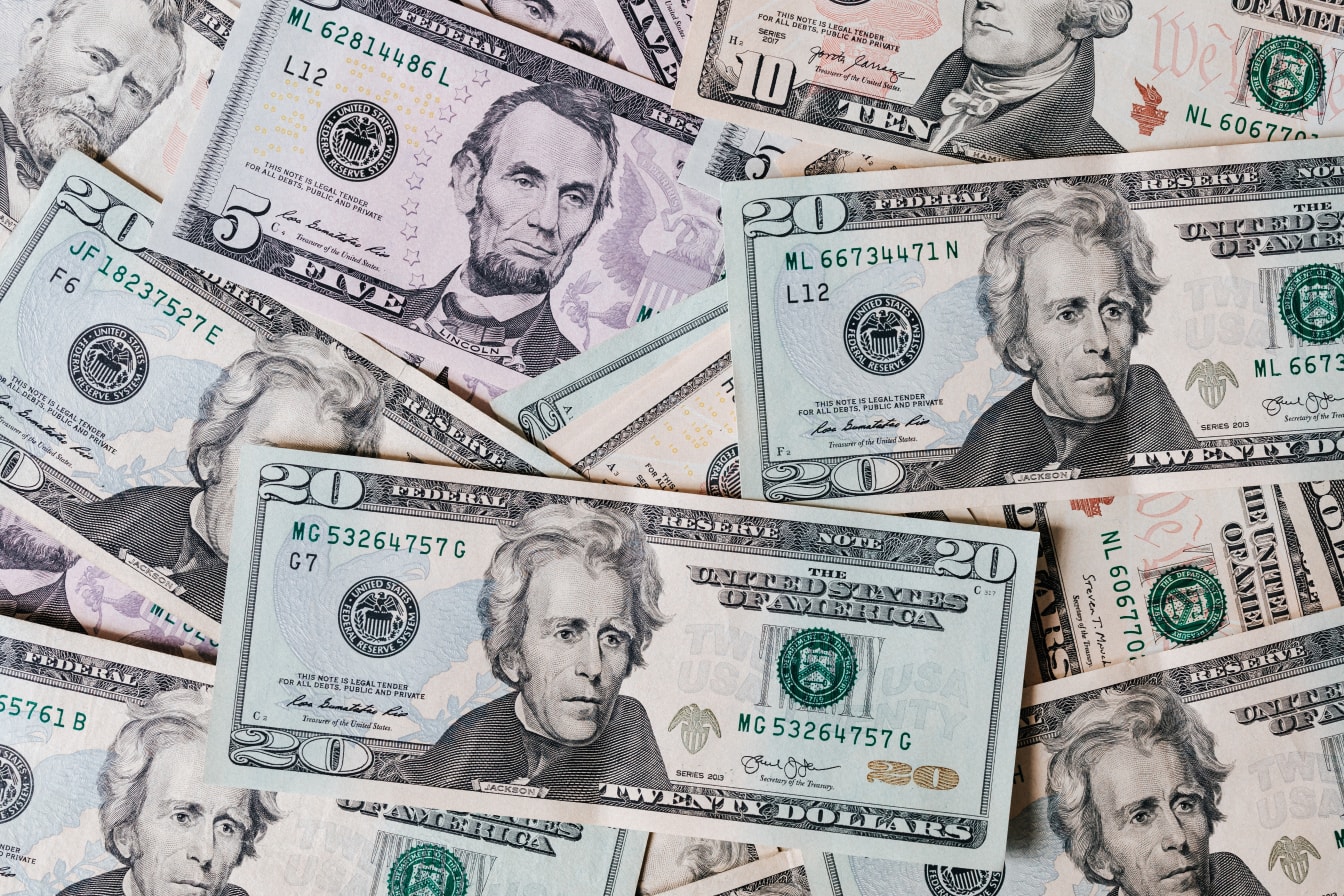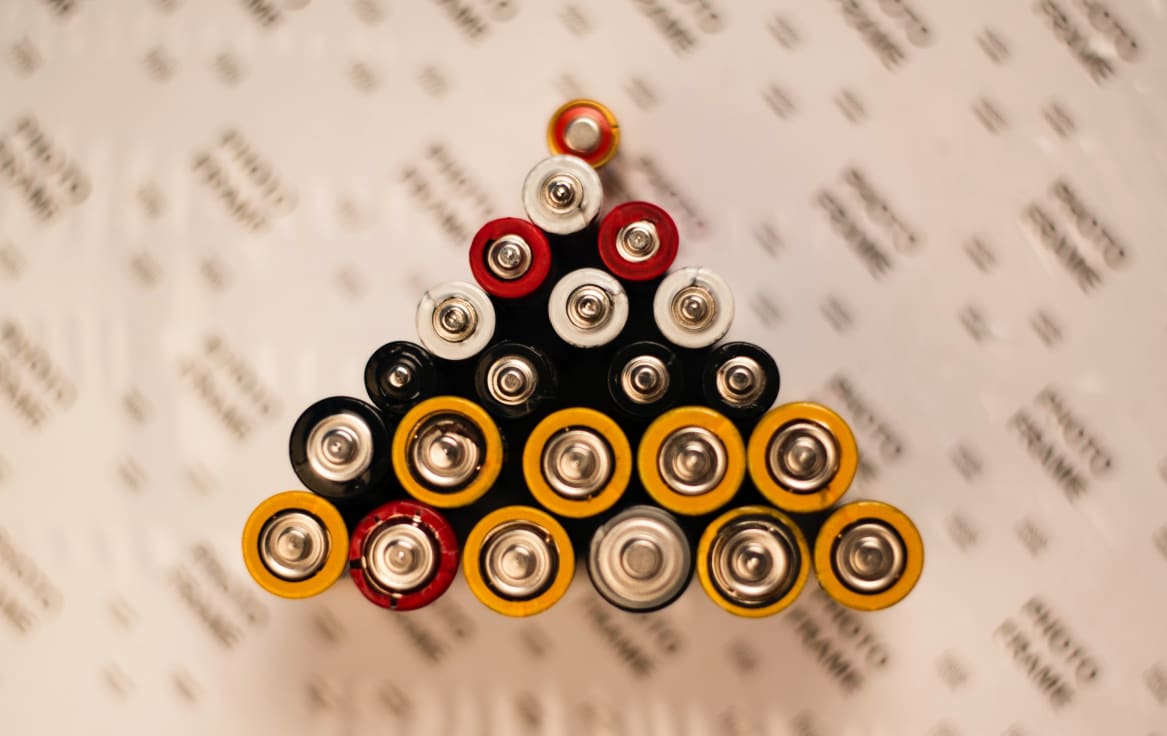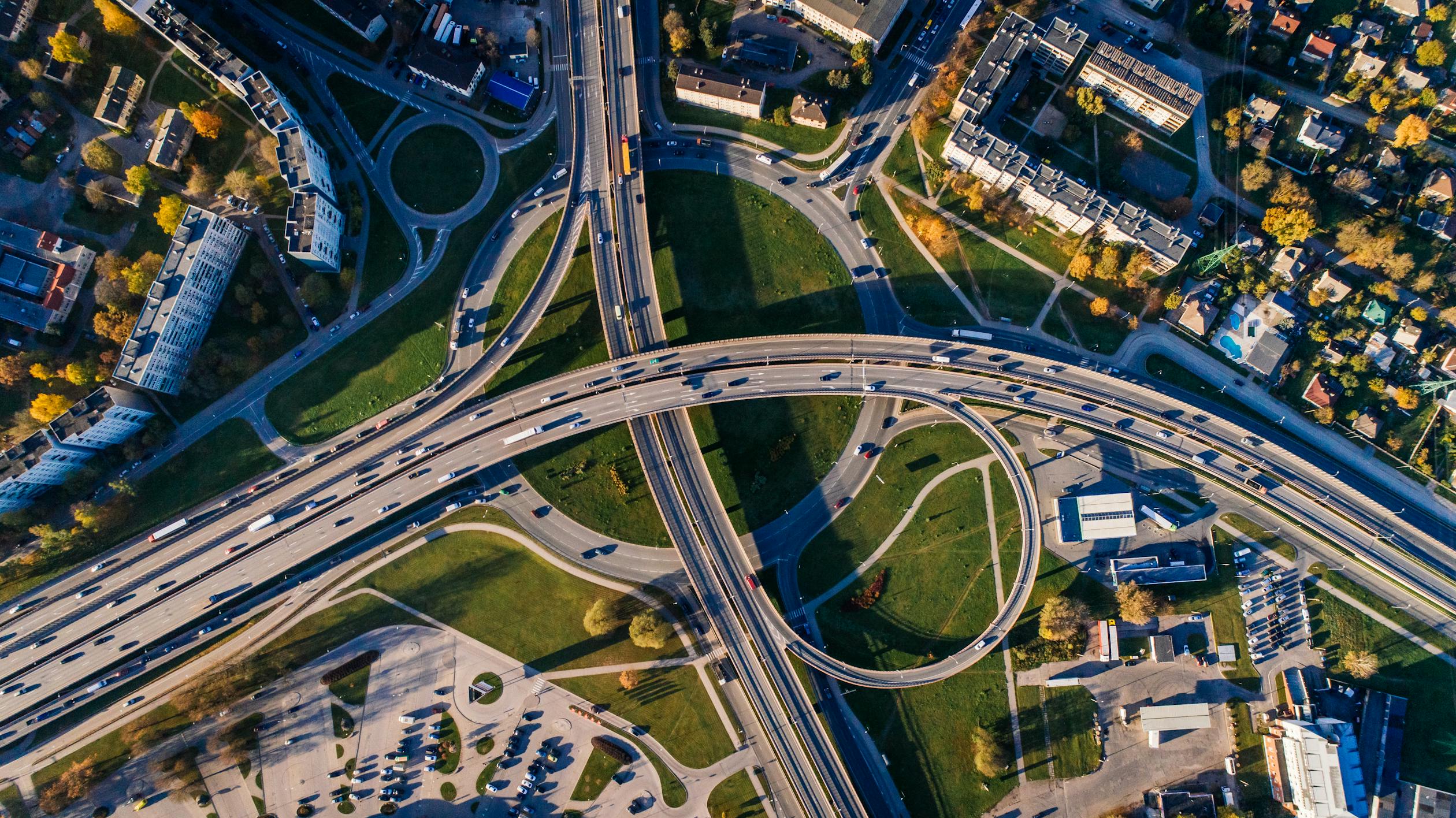Author: Camellia Moors ‘22
Welcome to another edition of Good News Friday! If the extra short spring break has got you down, we hope that some positive news will help cheer you up.

A push to protect land and oceans: 50 country members of the High Ambition Coalition (HAC) for Nature and People recently pledged to protect 30% of the world’s lands and oceans by 2030. The pledge will likely be a headline issue at the United Nations’ Convention on Biological Diversity later this year. The HAC cites the need to avoid a human-driven sixth mass extinction, along with the many economic benefits provided by wildlife preservation, as reasons to prioritize this issue.
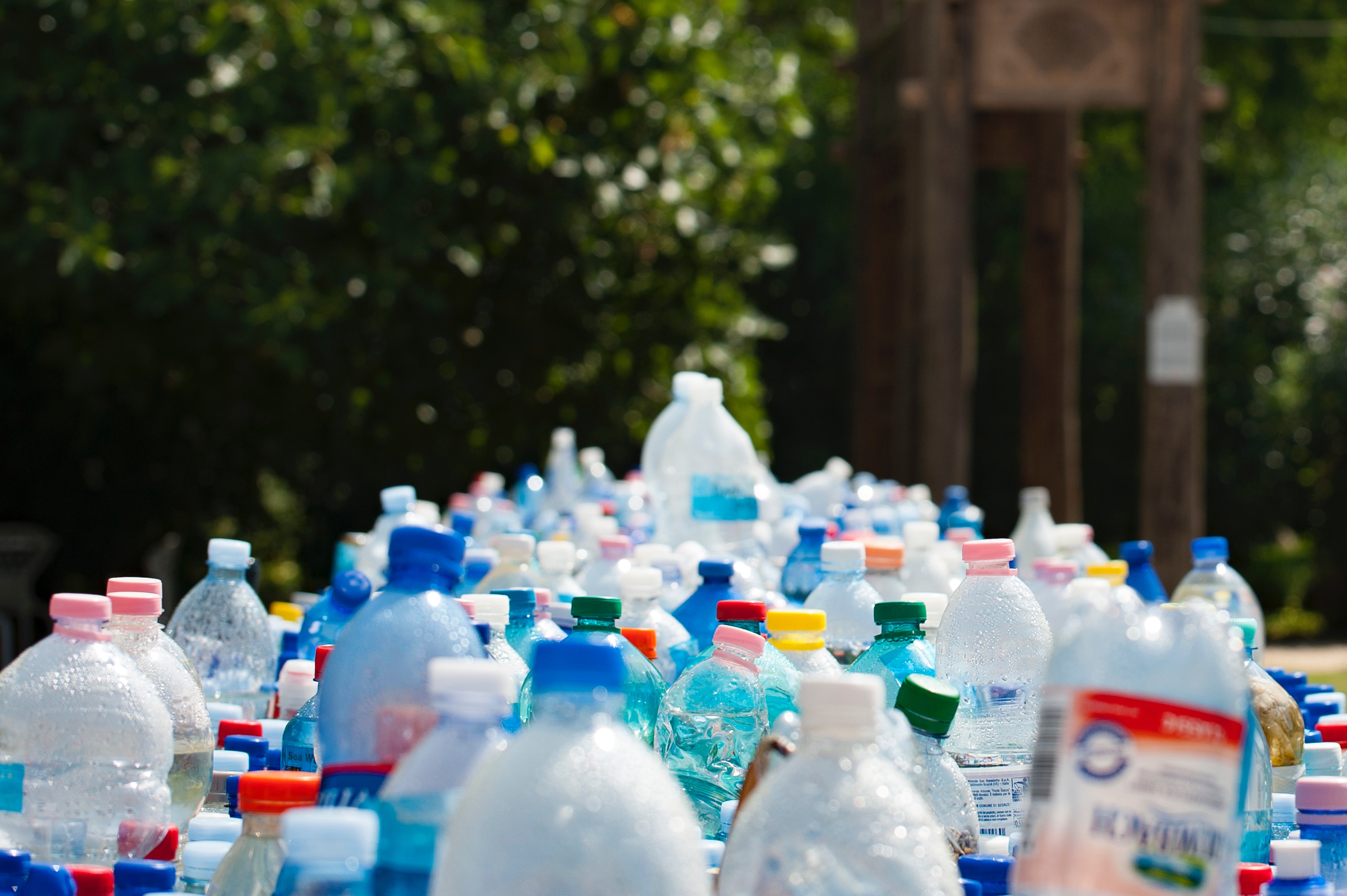
Prices for recyclable plastics increase: National average prices for most recycled plastics continued to rise last month, continuing a solid trend of 2021. This increase indicates a higher demand for recycled materials nationally, a positive development that signifies continued growth for recyclables despite China’s refusal to accept most nations’ plastics since 2018 (China had been the world’s biggest recycling market).
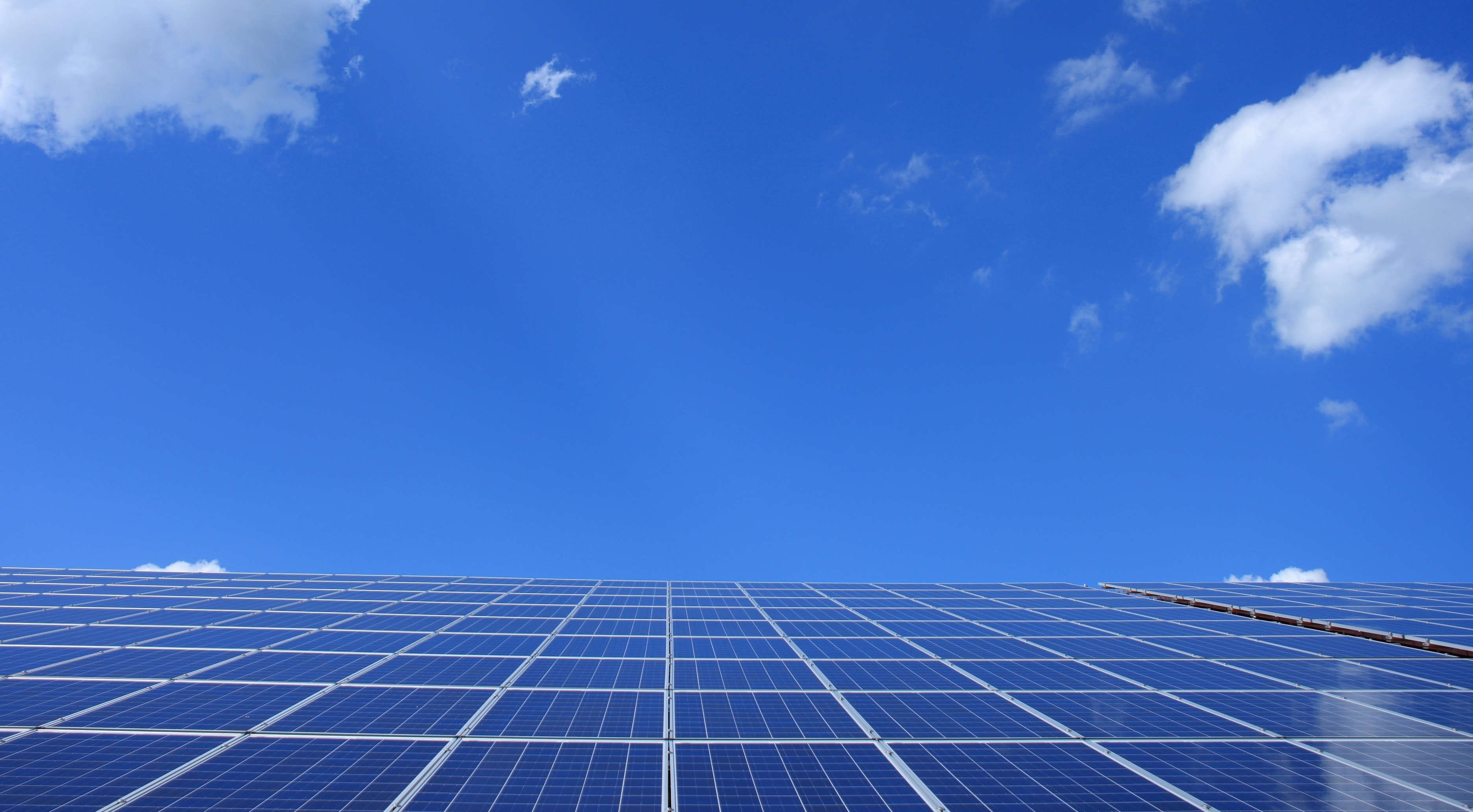
Department of Energy revives clean technology loan program: The Biden administration recently announced it would renew a Department of Energy (DOE) loan program designed to boost innovation in sustainable technologies. The initiative, run through the DOE’s Loan Programs Office, would open up as much as $40 billion in loan capacity, to be allocated by the DOE at its discretion. The program previously gave loan guarantees to companies like Tesla, the electric car and renewable energy technology maker.
That’s all for this week! Until next time, check out our previous editions of Good News Friday, thank you to those who submitted news ideas for this week, and contact us if you have any good environmental news to share!


